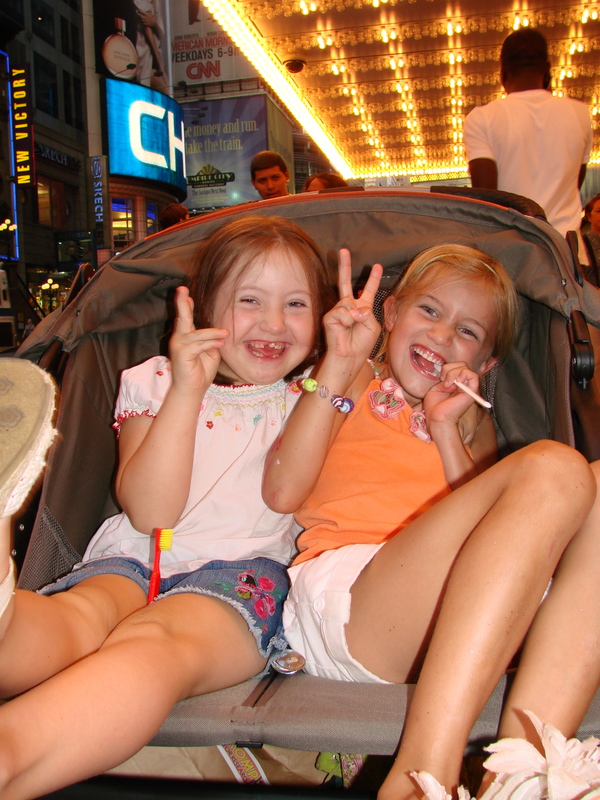Lifestyle
What to say when a baby is born with Down syndrome? Not ‘sorry,’ says campaign

It’s arguably a difficult and awkward moment for family and friends when a couple announces the birth of a child followed by the revelation that their baby has Down syndrome. What does one say — or not say? (Photo by Annika Leigh/Flickr, CC BY 2.0)
TORONTO — It’s arguably a difficult and awkward moment for family and friends when a couple announces the birth of a child followed by the revelation that their baby has Down syndrome. What does one say — or not say?
The “S” word is definitely a no-no, stresses the Canadian Down Syndrome Society, which has launched a campaign called “Anything But Sorry” to educate people about how to respond to the birth of a baby with the genetic condition.
“Sometimes it’s hard because people don’t know what to say,” said Kirk Crowther, the society’s national executive director. “They don’t want to offend, they don’t want to make anything worse. But saying sorry to a parent when they’ve had their child born is not a great thing.
“The first thing out of anyone’s mouth should be ‘Congratulations. You have a lovely son or daughter. Things might be a little different for you, but we’re here to support you,”’ he said Monday.
“Those are the kinds of things I think parents need to hear.”
Among the campaign’s YouTube videos is one entitled the “The ‘S’ Word,” which begins with the question: “What do you say to parents who just had a child with Down syndrome?”
The answers are provided by people with Down syndrome, who offer some satirical suggestions using a litany of often salty and inappropriate phrases — except those containing the word “sorry.”
Such pronouncements as “Well, there goes your sex life” give the cast a platform to express their sense of humour and their individual personalities.
The website also features a series of shareable e-cards with the same cheeky messages found in “The ‘S’ Word” video. People are encouraged to share a card to help reach the goal of welcoming all 9,363 babies born with Down syndrome in North America this year.
In Canada, Down syndrome occurs in about one in every 780 births; about 45,000 Canadians are affected by the condition.
When Laura LaChance’s second child, Kevin, was born with Down syndrome 25 years ago, she did get some people saying expressing condolences.
“When you have a new baby, you anticipate that people are going to be saying, ‘Ooh, ah, let me see the baby. Congratulations. Here’s a gift,”’ she said from her hometown of Collingwood, Ont.
“But instead it’s, ‘Shall we still have the baby shower for you? Do you still have a baby shower when a baby’s born with a disability?”’
LaChance said it was strange hearing such sentiments expressed. “How do you respond to that when people are telling you they’re sorry about your child?
“This baby deserves celebration, welcome gifts and everybody to look at him and hold him, snuggle him, just as my other children did,” said the mother of four.
Ed Casagrande, whose four-year-old daughter Emma was born with Down syndrome, said he hopes the campaign helps people see that having the condition is nothing to apologize for.
He and his wife Mary knew about five months into her pregnancy that their child had Down syndrome, but there was never any question they would terminate the pregnancy because of the diagnosis.
“It was overwhelmingly the right choice, the right choice for us, and we couldn’t imagine our family without her,” Casagrande said of Emma, who attends junior kindergarten.
“Emma lights up any room she goes into,” he said from Guelph, Ont., where the family lives. “When she interacts with me, my wife, her brothers, friends at school … people get so much joy.”
Casagrande, vice-chair of the CDSS board of directors, said the birth of a child with Down syndrome shouldn’t be met with sadness or heartbreak.
“We need to change the thinking from a feeling of sorrow to a feeling of celebration. People with Down syndrome live meaningful and fulfilling lives full of great accomplishments.
“That’s nothing to feel sorry for.”





















